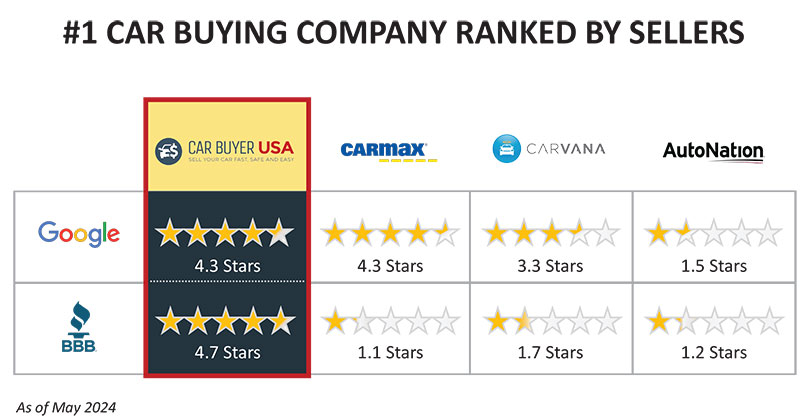The used car market has experienced a remarkable boom in recent years, significantly altering how vehicles are valued. This transformation is not only impacting buyers and sellers but also reshaping the automotive industry’s economic landscape. A confluence of factors, including supply chain disruptions, increased demand for affordable alternatives, and shifting consumer preferences, has fueled this change. Here, we delve into how the used car market boom is driving new trends in vehicle valuations.
One of the primary drivers of the used car market boom is the shortage of new vehicles. Supply chain disruptions, particularly during the insanity of the C-19 pandemic, caused delays in the production of new cars. Semiconductor chip shortages played a pivotal role, leading to reduced inventories and extended wait times for new vehicles. As a result, many consumers turned to the used car market as a viable alternative. This surge in demand has driven up prices, causing some used vehicles to retain or even exceed their original purchase price. Economic uncertainty has heightened the appeal of used cars as cost-effective alternatives to new models. Rising inflation and fluctuating fuel prices have made budget-conscious consumers more inclined to opt for pre-owned vehicles. This demand spike has pushed dealers and private sellers to reevaluate pricing strategies, often leveraging online platforms and data analytics to determine competitive yet profitable price points. Consequently, vehicles that once depreciated rapidly are now holding their value longer, challenging traditional depreciation models.
The pandemic also reshaped consumer preferences, with more people prioritizing personal transportation over shared mobility options. This shift was driven by safety concerns and the need for reliable travel options during periods of social distancing. Additionally, the growing popularity of electric vehicles (EVs) and hybrids has influenced the used car market. Consumers seeking eco-friendly options at lower price points are boosting the resale value of these vehicles, further diversifying valuation trends. Advancements in technology have revolutionized the way used car valuations are determined. Online marketplaces and apps now provide instant access to historical pricing data, vehicle condition reports, and market trends. Artificial intelligence (AI) and machine learning algorithms analyze these data points to deliver precise valuations, but are you, as a human, ready to trust AI to tell you how much your vehicle is worth based on the information AI has been programmed with? Moreover, transparent pricing models and real-time updates are helping to build trust in the used car market, encouraging greater participation.
The rise in used car valuations has also affected financing and insurance. Lenders are adjusting loan terms and interest rates to align with higher vehicle prices, while insurers are recalculating premiums based on the increased market value of used cars. These changes underscore the broader economic ripple effects of the market boom. While the current trajectory of the used car market may not last indefinitely, its impact on vehicle valuations is undeniable. As supply chain issues gradually resolve and new car inventories recover, prices may stabilize. However, the lessons learned during this period—from leveraging technology to adapting to evolving consumer demands—will likely shape the future of the automotive industry.
In conclusion, the used car market boom has redefined how vehicles are valued, influenced by factors ranging from global supply chain disruptions to changing consumer behavior. For buyers, sellers, and industry stakeholders, understanding these dynamics is crucial to navigating this rapidly evolving market. Still have questions? Contact Car Buyer USA for a quote in 20 seconds with no personal information required!! Most importantly, we guarantee the value we offer! Reach out to us at carbuyerusa.com, email us at info@carbuyerusa.com, or give us a call at 678-635-2050. We're here to assist you in 2025!


